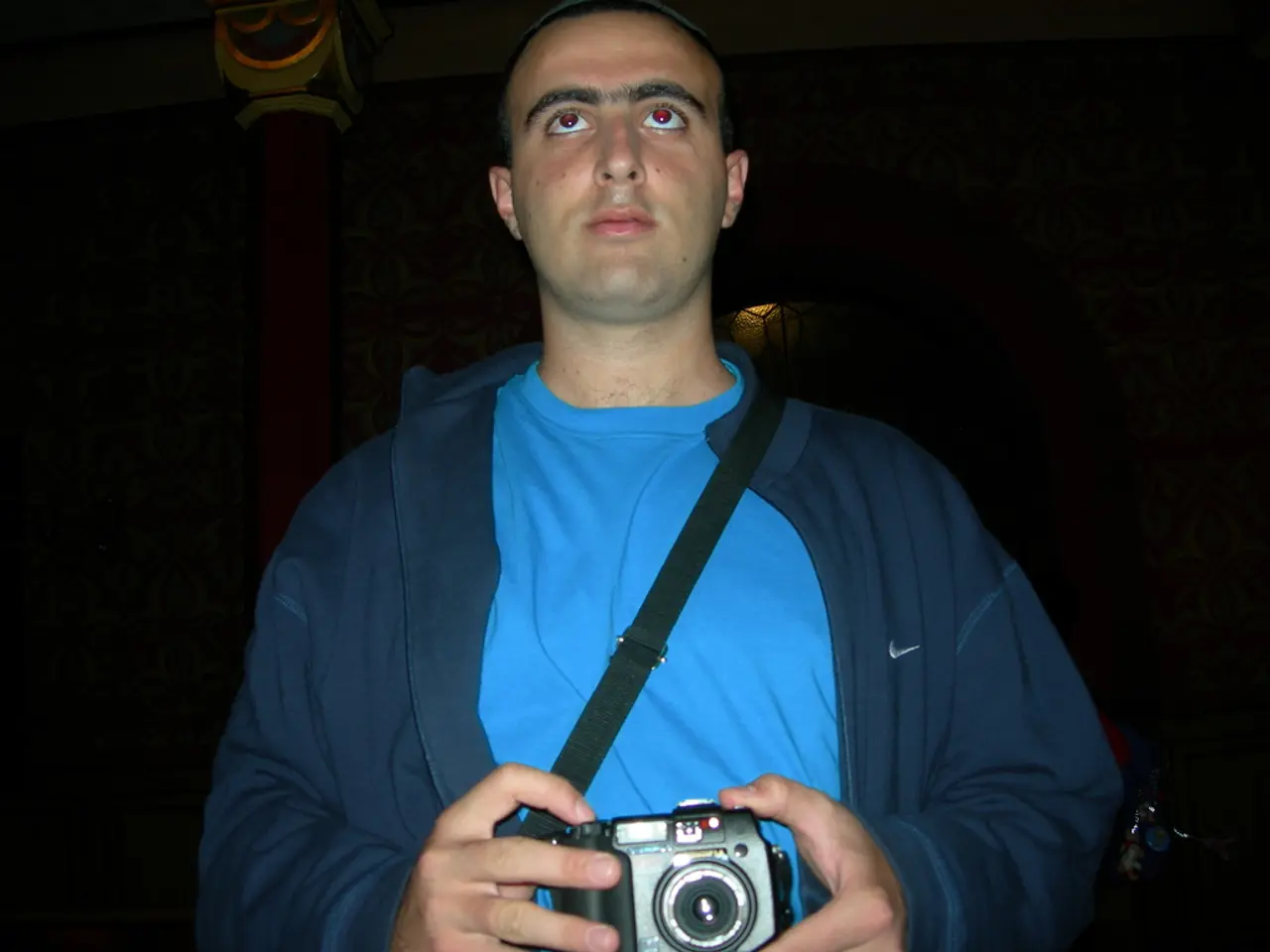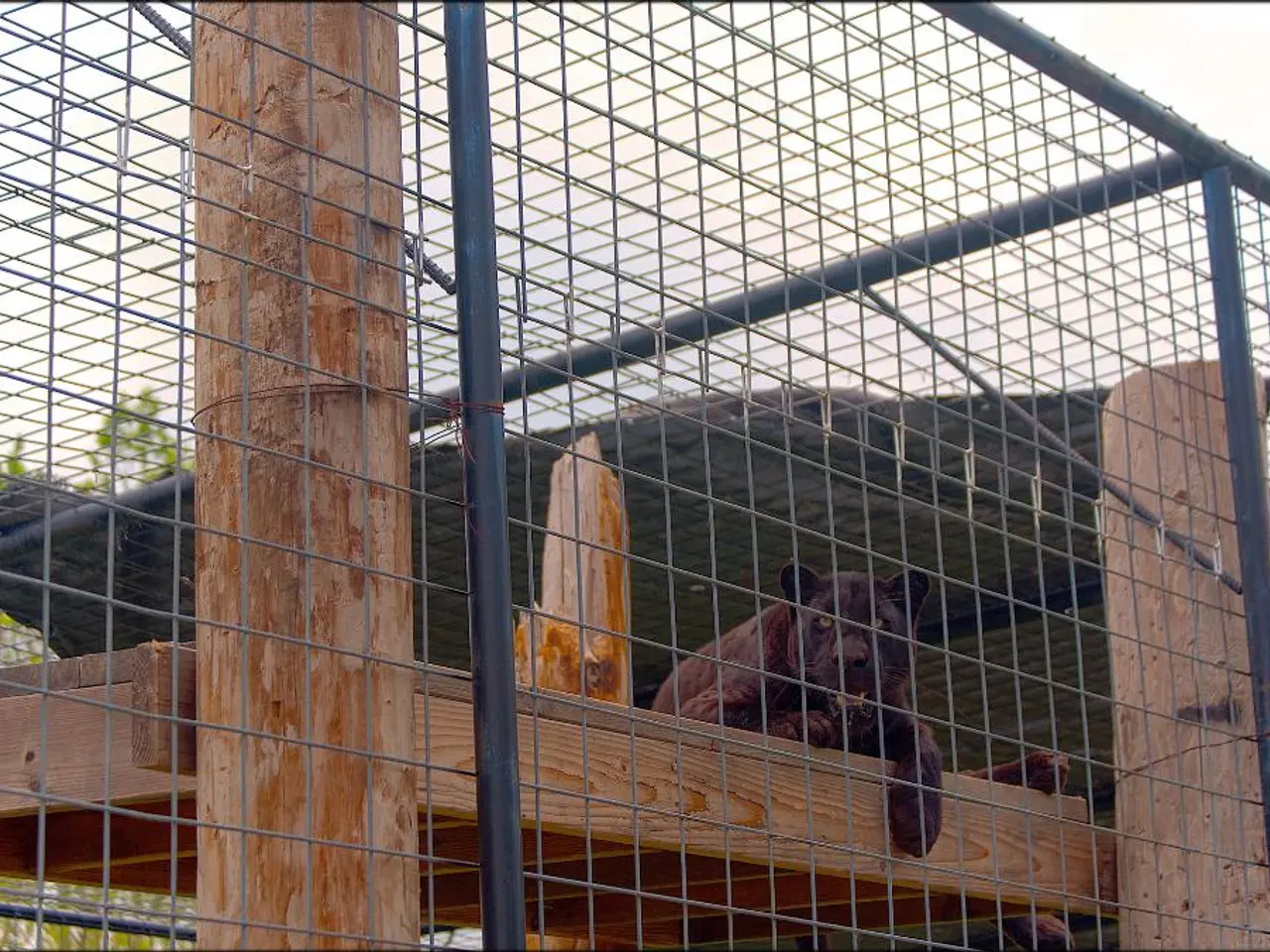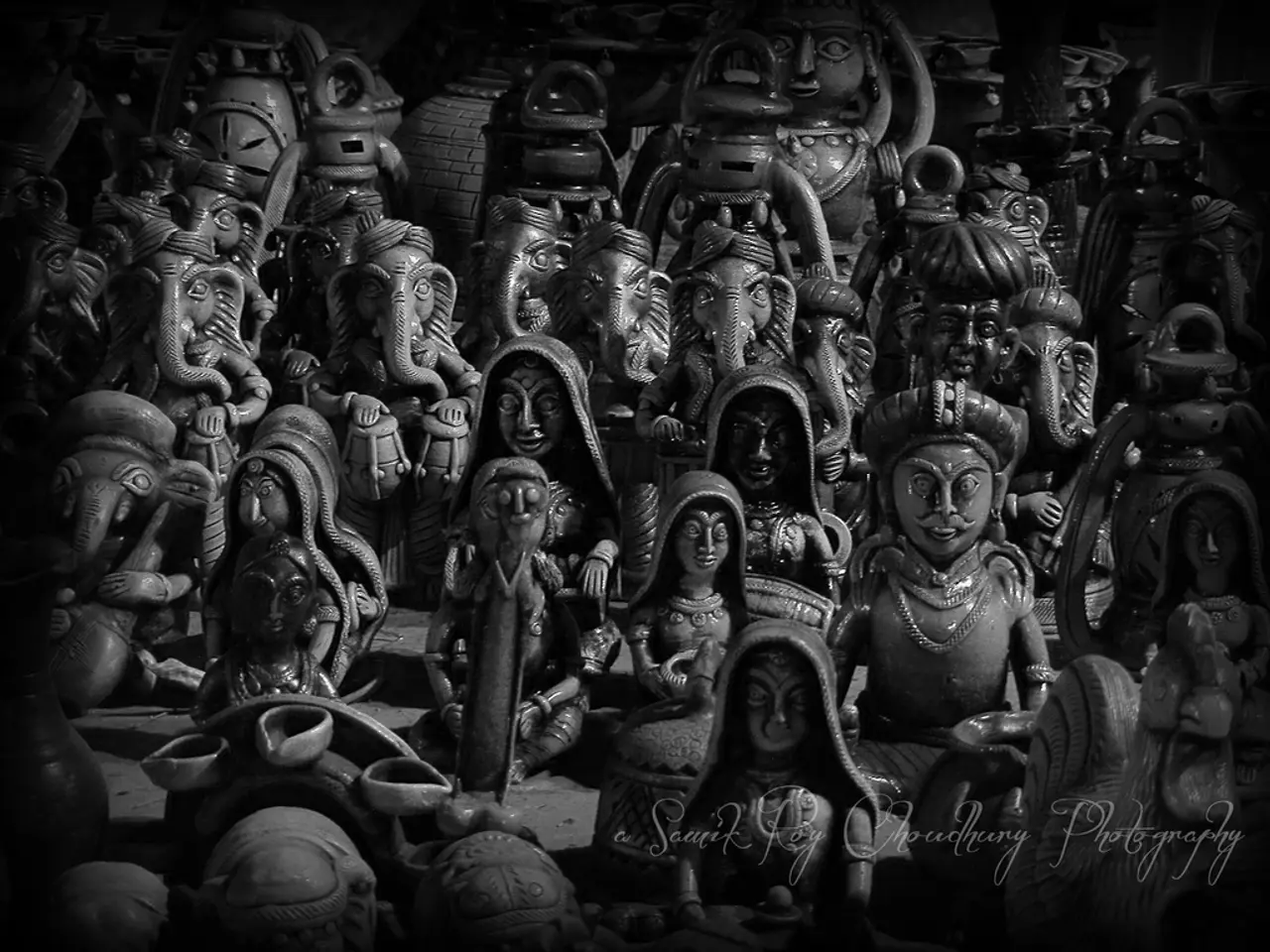Unveiling Operations Within 'The Bank Heist'
In the heart of London, on Baker Street, a daring heist unfolded in 1971. A group of thieves, with the aid of specialized tools and meticulous planning, burrowed a tunnel from a rented shop's basement into the bank vault. The audacious robbery resulted in an estimated £3 million in cash and jewels being stolen, although only £231,000 was recovered by the police [1][2][3]. To this day, the crime remains partly unsolved.
Fast forward to 2008, and the heist has been immortalized in the film "The Bank Job." The production team faced the challenge of recreating the event and atmosphere of that day, as the robbery was shrouded in secrecy, and official records were limited or classified. To depict the intricate planning and impact of the heist, the filmmakers relied on a combination of sparse historical data, dramatization, and creative interpretation.
The filmmakers went to great lengths to recreate the tunnel digging, the layout of the bank, and the atmosphere of early 1970s London. They even filmed the heist sequences at Paddington train station, where a '70s-era locomotive was brought in to add authenticity. However, they couldn't shoot inside the actual Lloyds Bank, so they used the thieves' lookout across the street instead [4].
The production faced logistical and financial obstacles, but they managed to finish the film on schedule and on budget. Weather was a constant issue during filming, giving the movie a gray, London look that complemented the suspenseful narrative.
The release of "The Bank Job" has refocused attention on the hushed-up 37-year-old story. Producer Charles Roven believes the movie will get tongues wagging and hopefully, rear ends in theater seats. The film hints at political and criminal undercurrents beyond a simple heist, with the robbery planned and executed by a group of small-time hoods and agents in MI5, who wanted to get their hands on a safe deposit box owned by a Trinidadian gangster named Michael X, containing candid sex photos of a member of the royal family [5].
However, the truth about the photos can't be corroborated because all documents pertaining to Michael X are sealed until 2054. Despite this, "The Bank Job" offers a thrilling and suspenseful depiction of a real-life heist that continues to intrigue audiences today.
References: [1] Baker Street robbery: The heist that still baffles police (The Guardian, 2011) [2] The Baker Street robbery: The biggest unsolved heist in British history (The Telegraph, 2011) [3] The Baker Street Robbery (BBC News, 2001) [4] The Bank Job (IMDb, 2008) [5] The Baker Street robbery: The real story behind the heist (The Independent, 2008)
In the realm of entertainment, the heist on Baker Street in 1971, still largely unsolved, has been dramatized in the 2008 film "The Bank Job." The movie, while creatively interpreting the events, meticulously recreated the era's atmosphere and details of the robbery, using general news and official records sparsely available.







